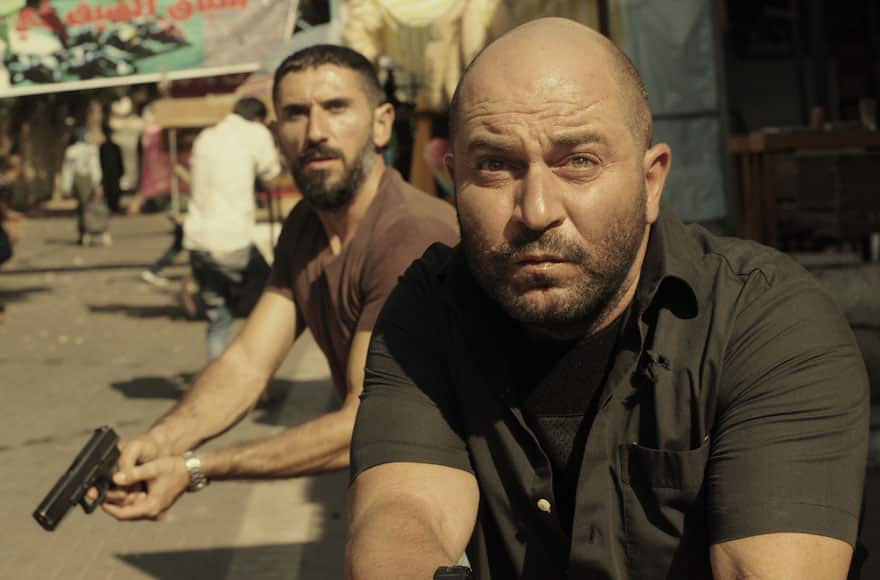
There’s a line of dialogue in the eighth episode of Season 4 of Fauda, the hugely popular Netflix series that shows in excruciating detail the violence and torment behind the Israeli-Palestinian conflict, that jumps off the screen.
As an Israeli commando team discovers a basement hideout of a Palestinian terror cell, replete with multiple missiles in preparation for a major attack on Israel, a female member of the commando team says:
“These f**kers don’t play around.”
If you wanted to summarize 75 years of Jewish anxiety about Israel’s neighborhood—through countless wars and suicide bombers and missile attacks—those five words pretty much nail it: Terrorists “don’t play around.”
It is that stark reality that prevents me from fully enjoying this new season, which is as intense and exhilarating as ever.
The show is simply too close for comfort.
This was brought home to me this week when I read about a fierce firefight between the IDF and Palestinians in the Jenin refugee camp, only the latest episode in Israel’s continuous efforts to quell a year-long wave of terrorism. The words from Fauda hover hauntingly above these news stories—these guys “don’t play around.”
The irony is that even with fictional characters and storytelling, Fauda brings me closer to a violent reality and a human complexity I can never appreciate in a news report. This is the power of film. You get all the texture. You smell the alleyways. You feel the fear. Through close-ups of faces, you see the human drama and torment in each of the characters, Israeli and Palestinian. The show really revolves around life— how to save it, extinguish it, value it, rescue it, spit on it or honor it.
Because Fauda is so realistic— everything from the locations to the dialogue to the accents to the violence feel eerily authentic— it has a mind bending effect. You can’t tell “fake real” from “real real.” For all we know, an episode of Fauda might as well be a dramatization of a news story from yesterday’s paper.
So a death in Fauda feels like a real death. A blunder feels like a real blunder. An act of cruelty feels like a real act of cruelty. There’s a scene in episode 9 that made me choke up, when a terrorist breaks down realizing the pain he has inflicted on his mother. It’s all too real. Fauda is fiction with non-fiction written all over it.
Ultimately, though, it is the quality of the show that wins out.
Ultimately, though, it is the quality of the show that wins out. The acting and directing and pacing are so sharp they supersede any anxiety triggered by the blurring of the lines. In other words, my anxiety is still there, but I know I can never stop watching.
These Fauda people don’t play around.







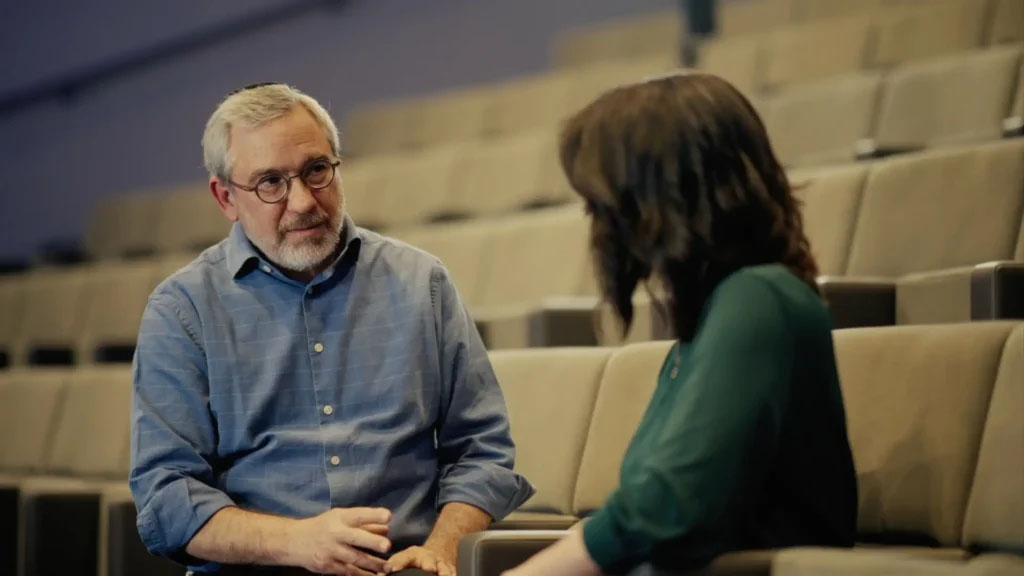
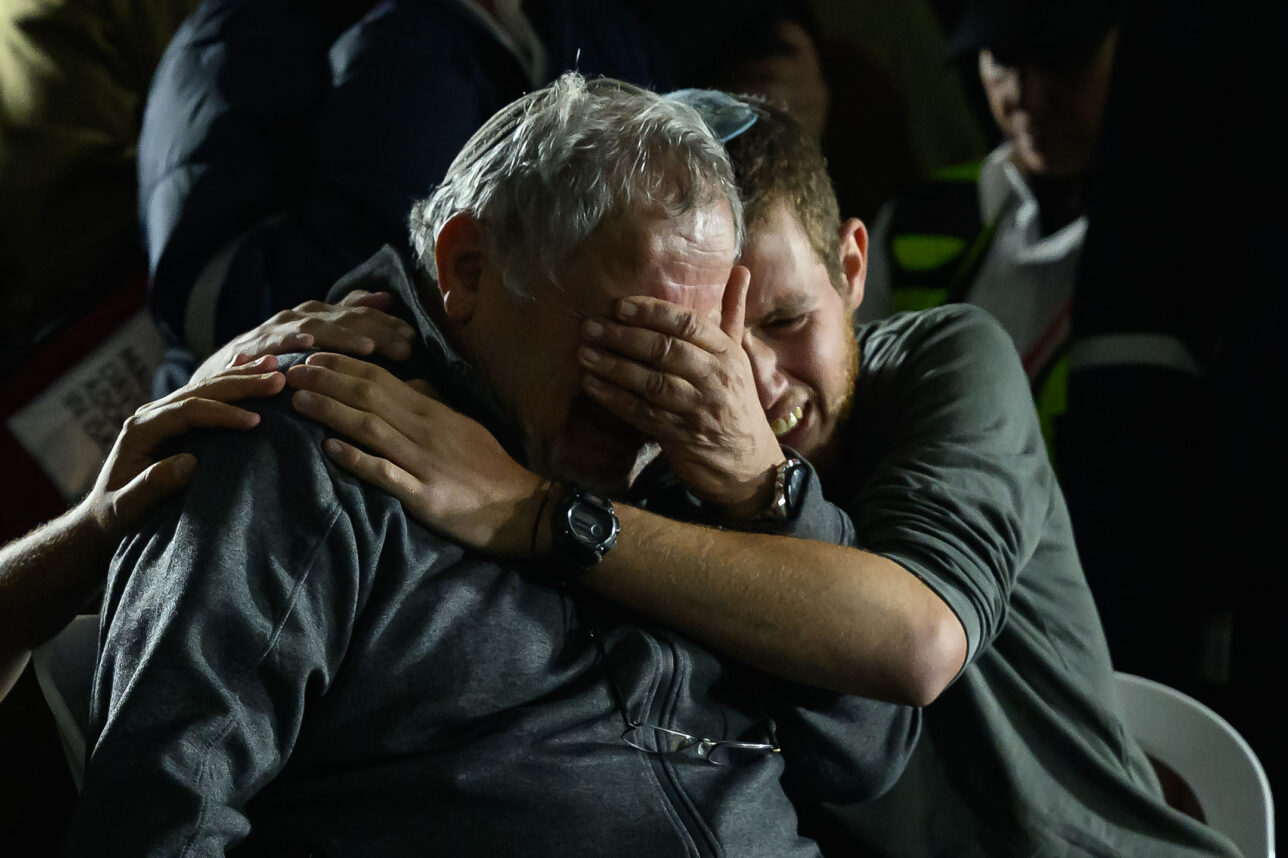
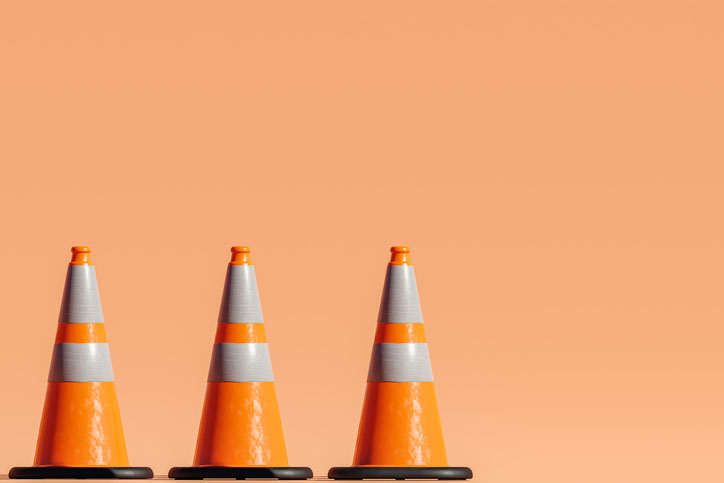
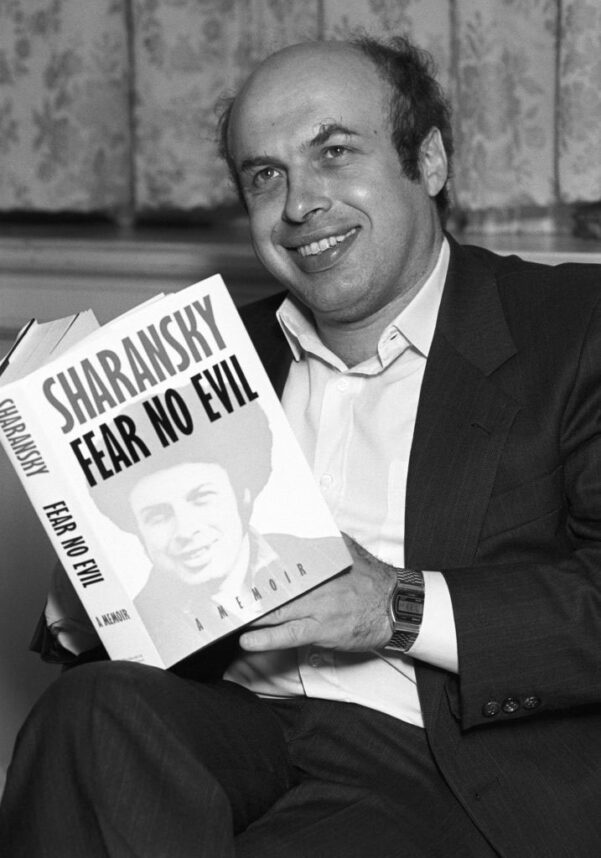


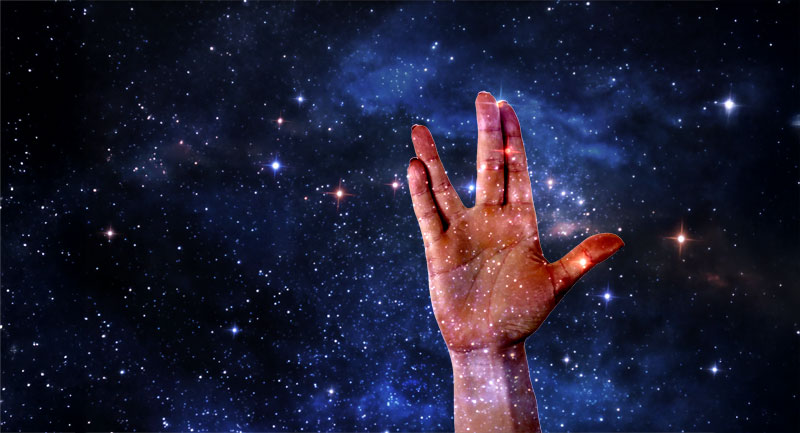
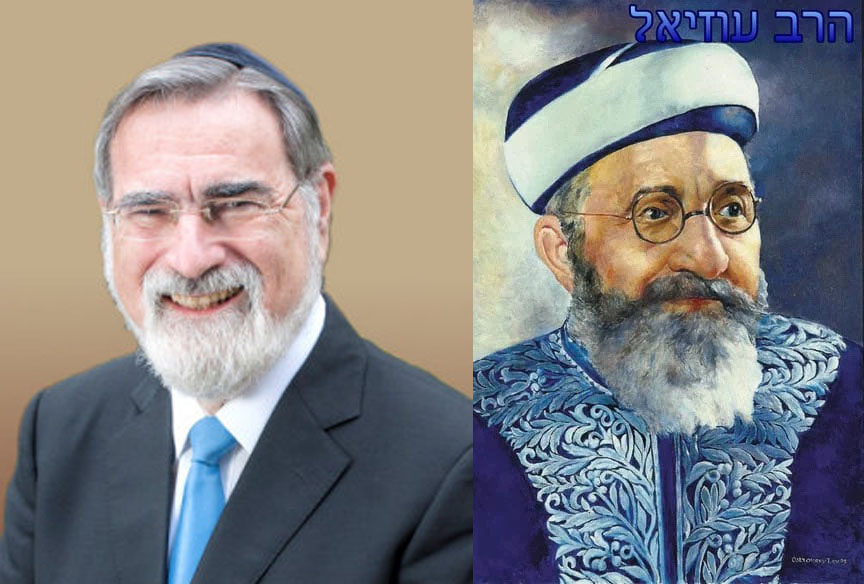
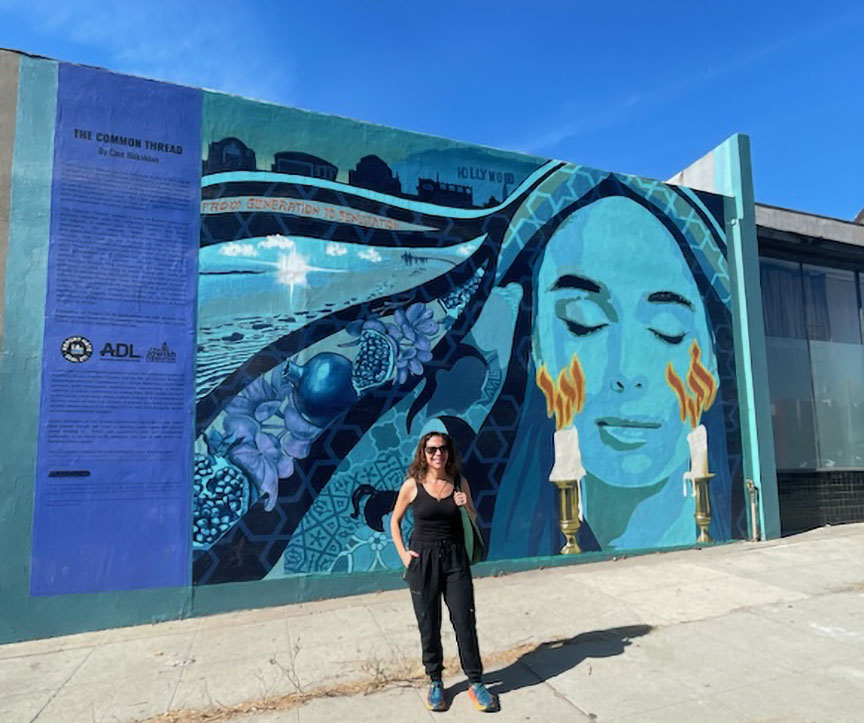
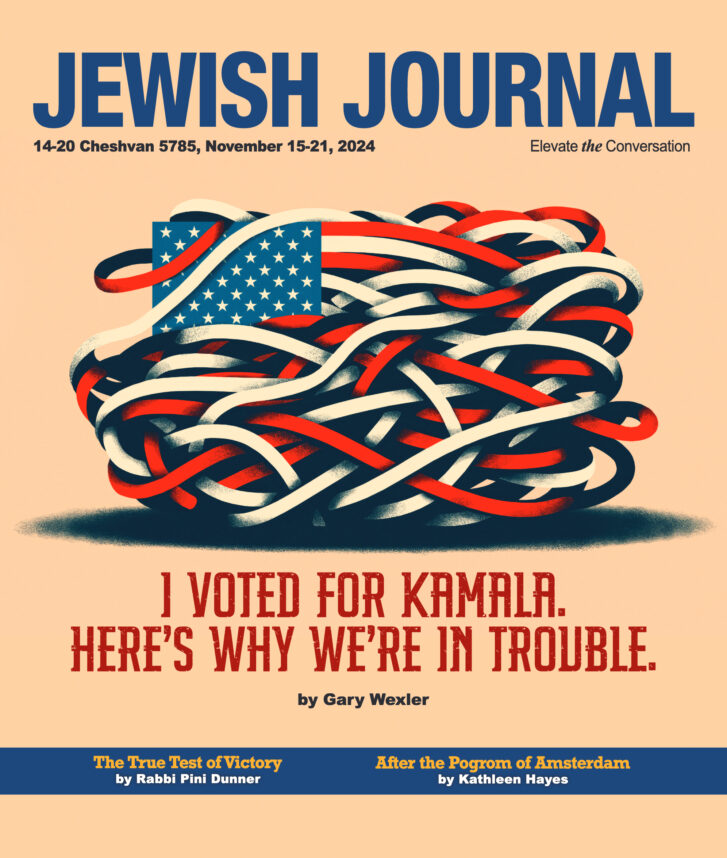





 More news and opinions than at a Shabbat dinner, right in your inbox.
More news and opinions than at a Shabbat dinner, right in your inbox.